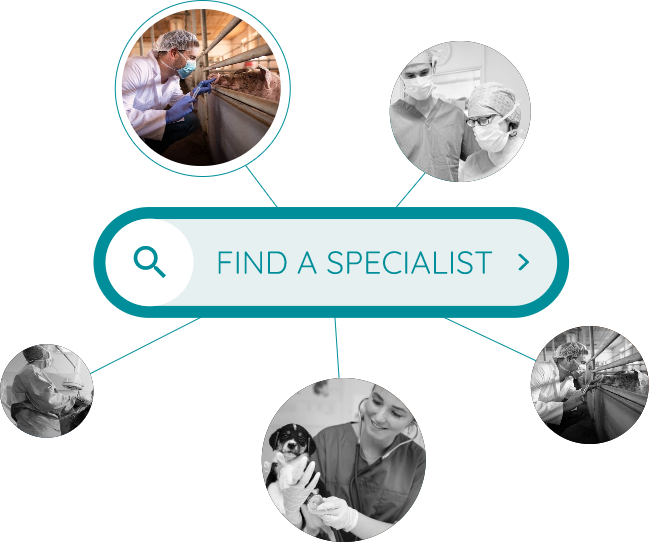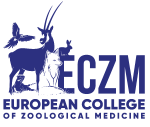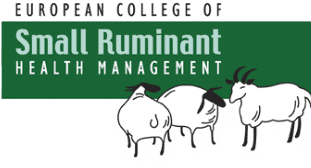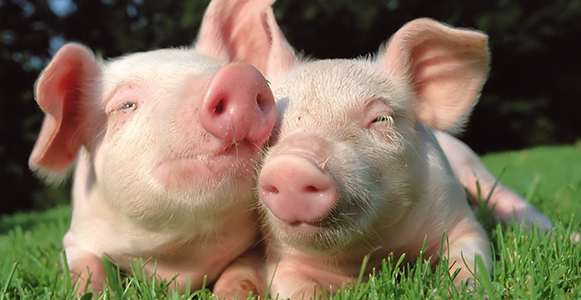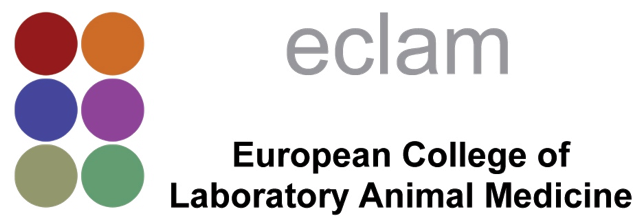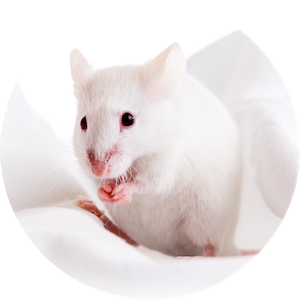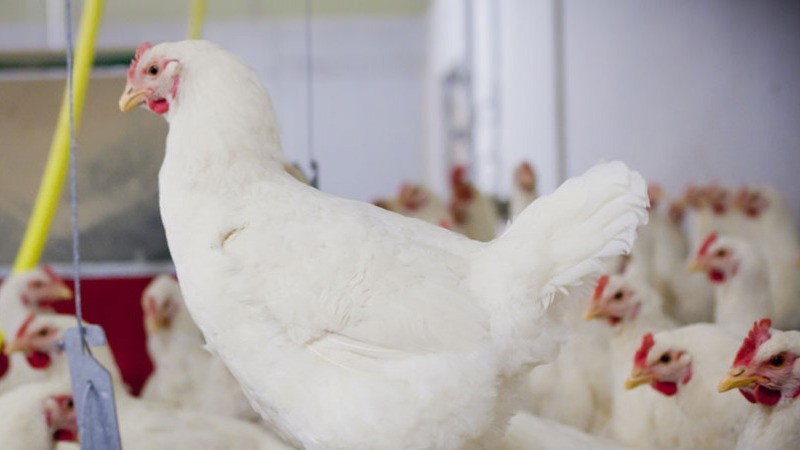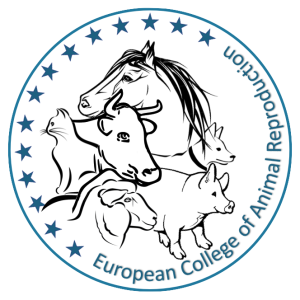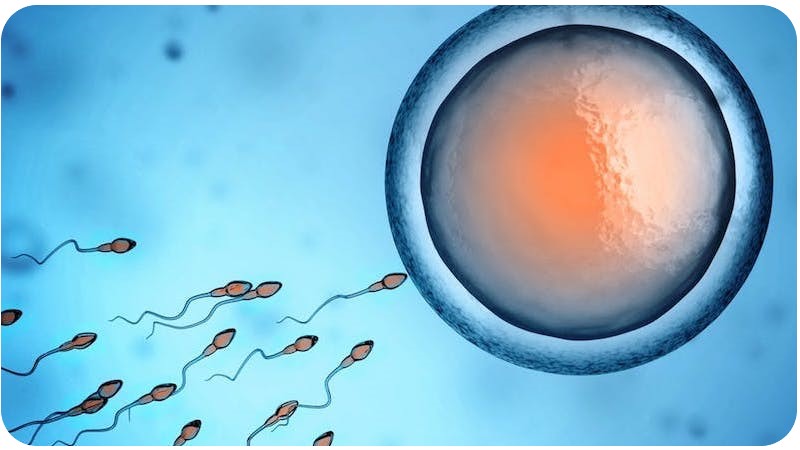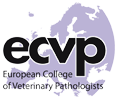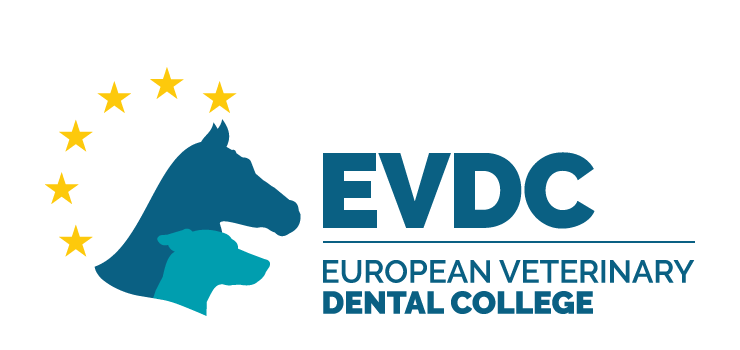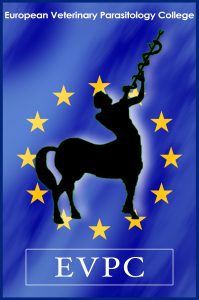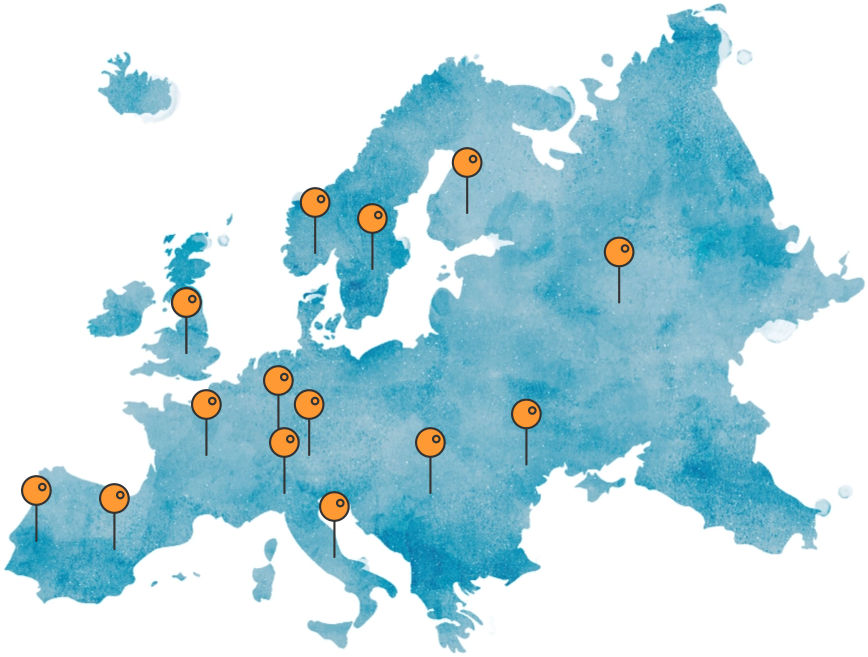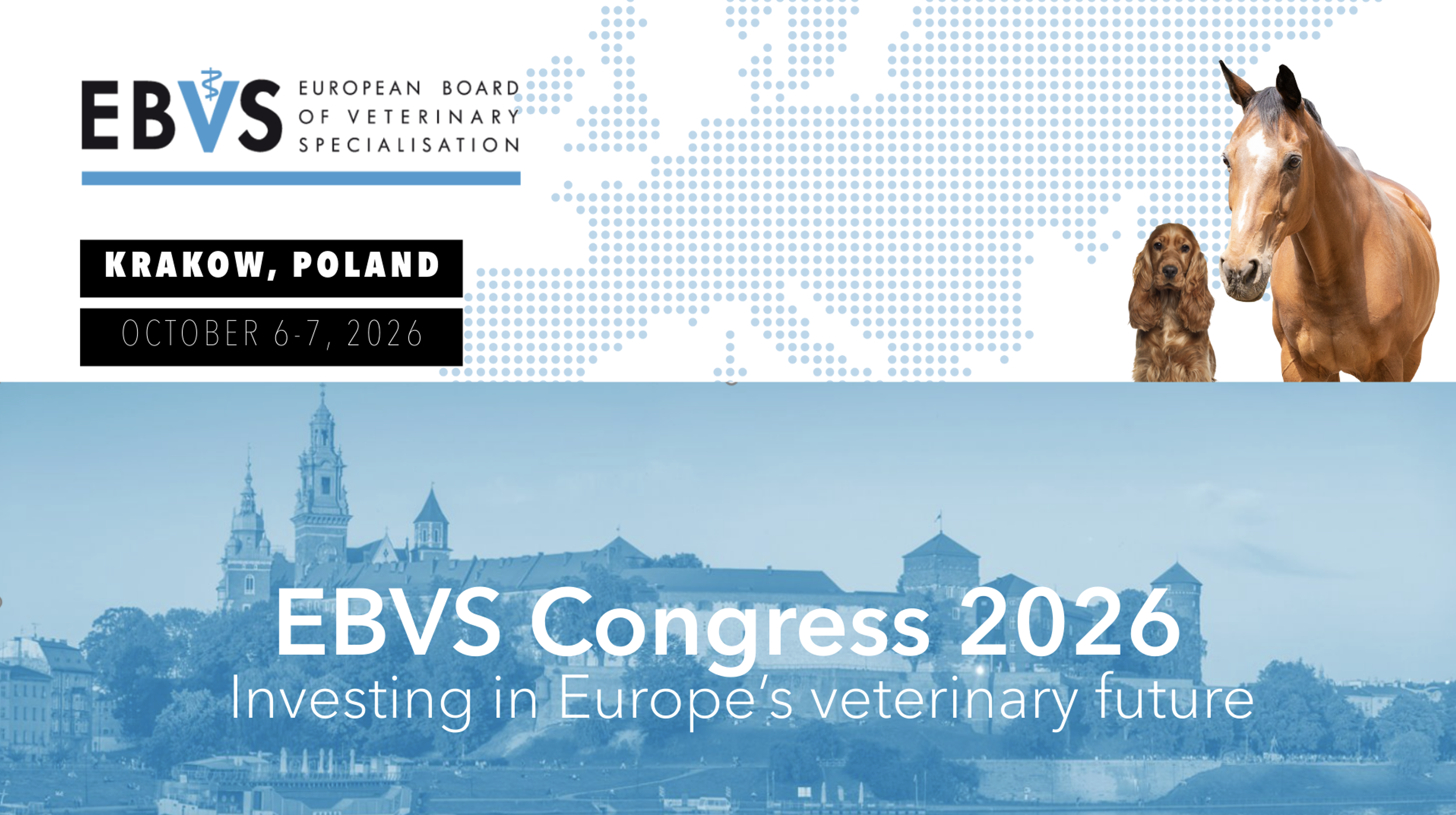Veterinary Specialist Colleges
Colleges
Countries
EBVS® is a European organisation focussed on veterinary specialisation in the Member States of the European Union and its neighbours, particularly Switzerland and Norway. EBVS specialists are also found in other countries.
Events
Vacancies
Publication date: 23/01/2026
King Animal Hospital is seeking an exceptional Chief Medical Officer – Equine to provide clinical, strategic, and operational leadership across our rapidly expanding Equine Services division. This is a rare opportunity to shape the future of equine emergency and referral medicine within a privately owned, innovation-driven hospital.
This role reports directly to the Chief Executive Officer (CEO) and will succeed our current CMO of Equine, who is planning for retirement.
Publication date: 29/10/2025
Residency Position in Veterinary Behavioural Medicine (ECAWBM-BM) – Ghent University
The Faculty of Veterinary Medicine at Ghent University invites applications for a three-year Residency Training Programme in Behavioural Medicine, accredited by the EBVS® European College of Animal Welfare and Behavioural Medicine – Behavioural Medicine subspecialty (ECAWBM-BM). The residency will be conducted under the direct supervision of Prof. Anouck Haverbeke, EBVS® European Veterinary Specialist in Behavioural Medicine.
The programme starts on 1 April 2026. The deadline for applications is 15 February 2026.




